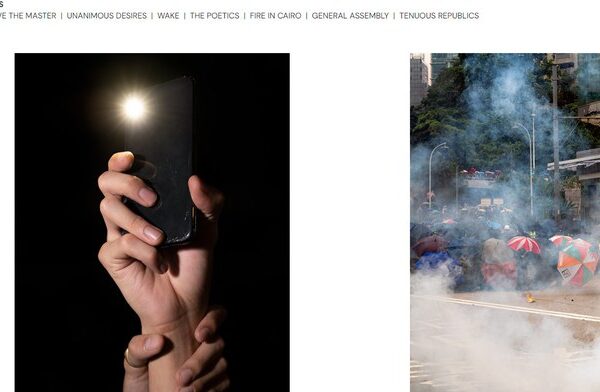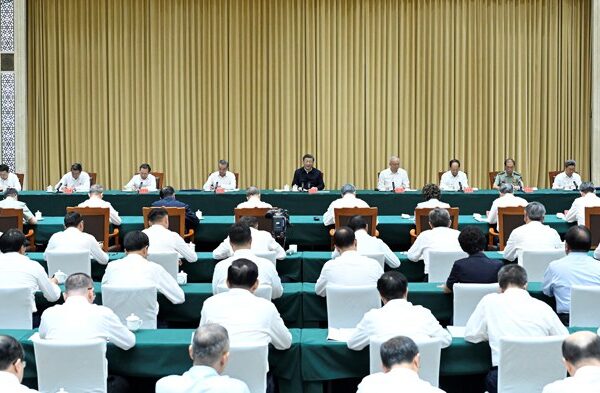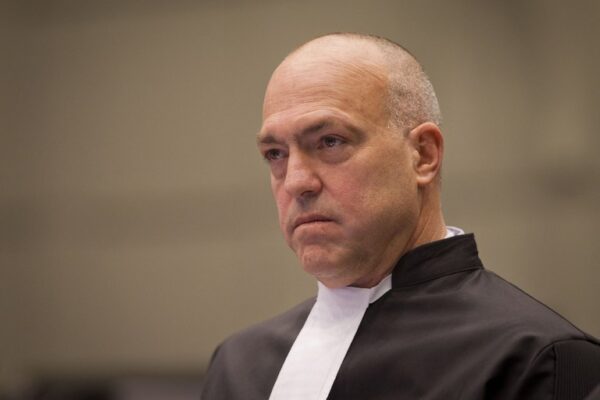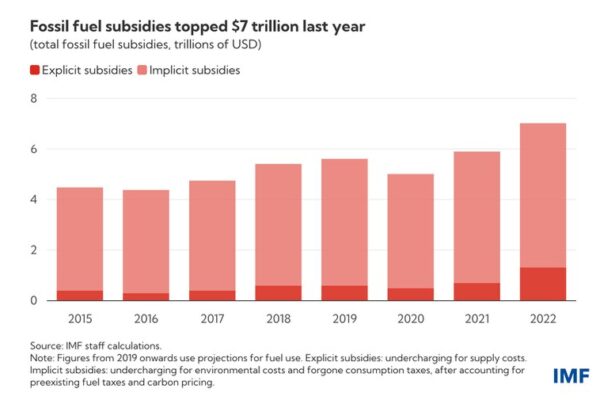A photography professor from the Massachusetts Institute of Art and Design has been refused entry to Hong Kong for the second time, further evidence that an ongoing crackdown on dissent under a draconian national security law could affect which foreign nationals are allowed to travel to the city. Matthew Connors, who was denied entry in 2020, immediately after the 2019 protest movement, but who is still allowed to visit North Korea, told RFA Cantonese in a recent interview that he was given a brief, bureaucratic explanation that he “didn’t meet the criteria” for entry, while the Immigration Department has declined to comment on the decision: RFA: When did you try to enter Hong Kong? Connors: On Aug. 16, I’d originally planned to come to Hong Kong as a tourist, and I especially hoped to visit art exhibitions, including the newly opened M+ museum. At the same time, it was also primarily to test the waters, because the last time I came to Hong Kong, at the beginning of 2020, I was refused entry by the Hong Kong Immigration Department, which made me always confused [about] whether I could visit Hong Kong again. And I couldn’t see any reason why I would be refused entry, and I couldn’t really understand what possible danger I could present to the Hong Kong government. I happened to be traveling in Asia for several weeks, and I was in Thailand. Since the last time I was refused entry back in early 2020, I’d had a lot of uncertainty about whether or not I’d be allowed to return to Hong Kong. And that had been bothering me. So I was hopeful I’d be able to visit and then when I didn’t really see any reason why I shouldn’t be refused, again, because the protests are no longer going on. And I couldn’t really understand what, you know, one possible danger I could present to the Hong Kong government. So I figured I would give it a try. RFA: What happened when you arrived? Connors: I was taken aside, again, by immigration, and I was told that I did not meet the qualifications for entry into Hong Kong at this time, which was a very bureaucratic answer. And it was the same reason that I was given the last time I was refused entry back in 2020. My trip was supposed to be an overnight trip, [and] I didn’t really tell anyone I knew in Hong Kong that I would be coming. Because I didn’t really know what risks that might have posed for anyone who would be seen associated with me. So when I was interviewed in the airport by immigration officers, I identified myself both as an artist and a professor that was visiting for the purpose of tourism. But despite this, in a very short interview, I was just given the generic reason that I do not meet the qualifications for entry at this time. So I knew from my past experiences that trying to get more nuanced or detailed answers from any of the immigration officers would really be futile. I actually had this feeling that no one that I actually encountered in the immigration office actually had the authority to make the decision about whether I could enter Hong Kong at the time or not. And so I really believe that I’m on a list of people whose access to Hong Kong is restricted, perhaps permanently, I’m not sure. RFA: What makes you think that? Connors: Part of the reason I think this is just the way they proceeded with the interview process, and it more or less mirrored exactly what happened to me last time. And so when I reached the immigration kiosk and presented my passport, they looked me up in the system. And then they called over immigration officer over to the window and he escorted me back to the immigration officers room and I sat in the waiting area and this was a designated area where I think they bring a lot of travelers that are flagged for further questioning, and I waited there with other travelers but ultimately, they never questioned me in this area, and they escorted me to a separate area, like a secondary interview area. I believe this is the place where they process people who they’ve already decided to refuse entry into Hong Kong. [It was] exactly where I went last time before I was refused entry. A screenshot from photographer Matthew Connors’ personal website. Credit: matthewconnors.com RFA: Do you think there’s anything you can do about your situation? Connors: I don’t know. I want to seek advice about that. You know, the last time I was refused entry, I started discussing it with an immigration lawyer, but that whole process really got derailed by the COVID lockdowns. I don’t know, to be honest. And I think that uncertainty is by design, because, you know, both with this refusal, and the sort of sweeping powers that the National Security Law gives the Hong Kong government they’re sort of instrumentalizing uncertainty in order to make people feel like their freedoms are being restricted. RFA: Did you fear this might happen when you went to Hong Kong? Connors: You know, I did. And I think some people that I consulted before left thought there was there was a higher risk, both because of the National Security Law had been passed, and because I had been denied before, but I think I had my instinct that I essentially, would be okay, that I think the worst case scenario was that I would be turned around again. I don’t have a lot of data or information to back that up. But I think I was just traveling under that assumption. This time, they did a much more rigorous search and my belongings, and then, when they escorted me through the airport, they actually took me through a separate security area and put me on a bus…





